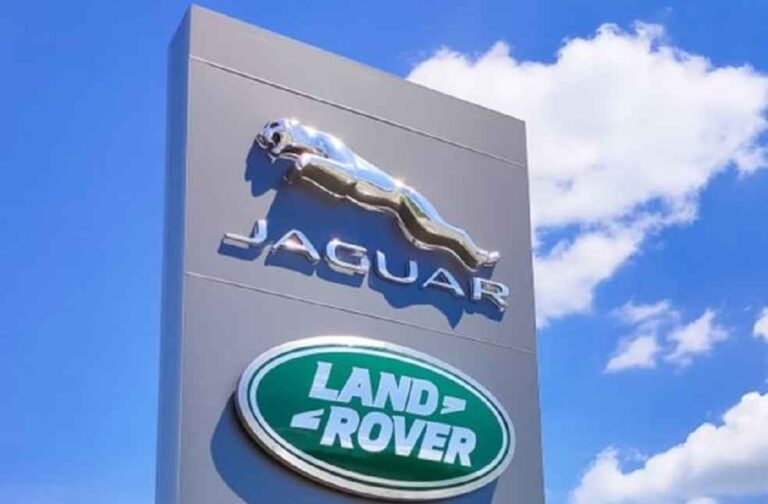Jaguar Land Rover is navigating a difficult period as weak global demand and the lingering effects of a severe cyber-attack weigh heavily on performance.
The Tata Motors-owned luxury carmaker saw demand shrink in key markets, particularly China and Europe, while tariffs and production losses further pressured its second-quarter results.
PB Balaji, Group Chief Financial Officer at Tata Motors, said global demand remains difficult and warned that China continues to be a concern from a retail-volume perspective. He added that rising tariffs in the United States add more pressure, creating a challenging outlook for JLR.
The company is still recovering from a cyber-attack that halted production for the entire month of September. JLR resumed operations on October 8 but cut its EBIT margin guidance for FY26 to 0%–2%, down from the earlier 5%–7%.

Executives said the lost volume cost the company 237 million pounds, while additional penalties linked to U.S. tariffs contributed to a total impact of 328 million pounds in the first half.
Tariffs on JLR vehicles shipped from the UK to the U.S. rose to 10% from 2.5%, while Defender SUVs exported from Slovakia now face 15% tariffs. China also introduced a new luxury-car tax in July, reducing demand further.
Richard Molyneux, JLR’s CFO, said China’s luxury segment continues to shrink, Europe is struggling, and the U.S. cannot absorb excess capacity, warning of a heavy hit to third-quarter performance.
Balaji, who became JLR CEO in November, said the company is now operating at full production but cannot recover the lost weeks.

He expects the third quarter to remain weak and anticipates a return to normal production levels in the fourth quarter. He acknowledged that the cyber incident is only one of several pressures, but said JLR expects to emerge stronger.
JLR’s Q2 FY26 revenue fell 24% year-on-year to 4.9 billion pounds. Tata Motors also reported an additional ₹2,600 crore in expenses related to the cyber incident and a voluntary redundancy program.
As a result, Tata Motors’ net auto debt rose to ₹20,000 crore from a net cash position at the end of the last fiscal, driven mainly by JLR’s impact.
To strengthen cyber resilience, Balaji said a Tata Group-wide initiative is underway to harden and modernize digital systems across all companies.
DON’T MISS | Tesla Cuts China Reliance as Tariffs and Chip Risks Rise





